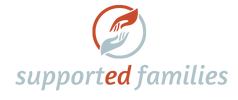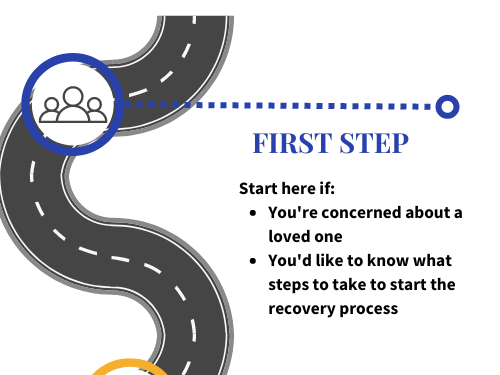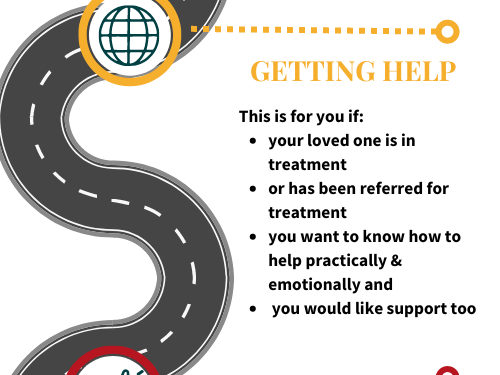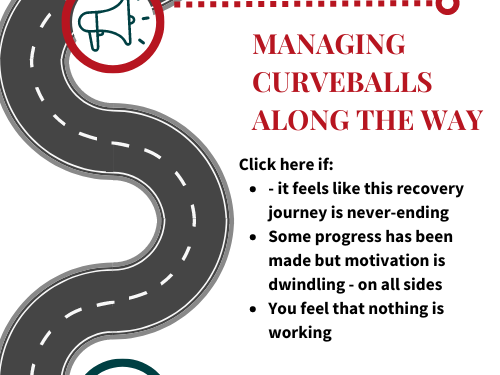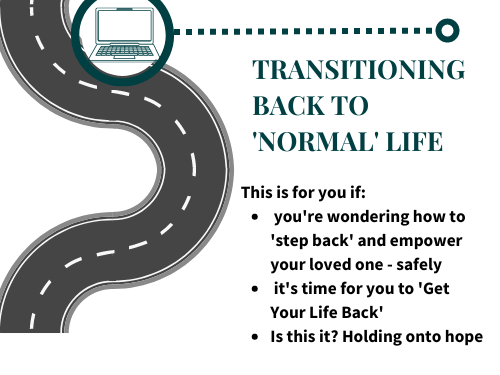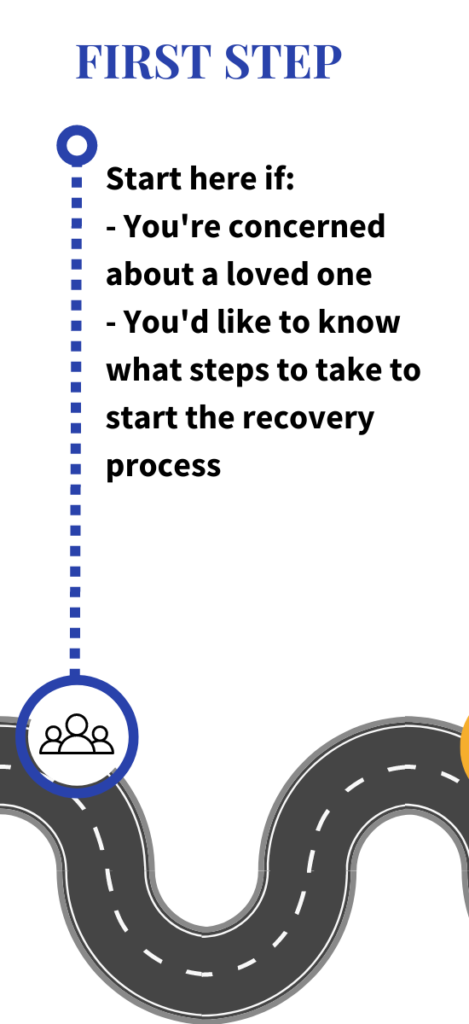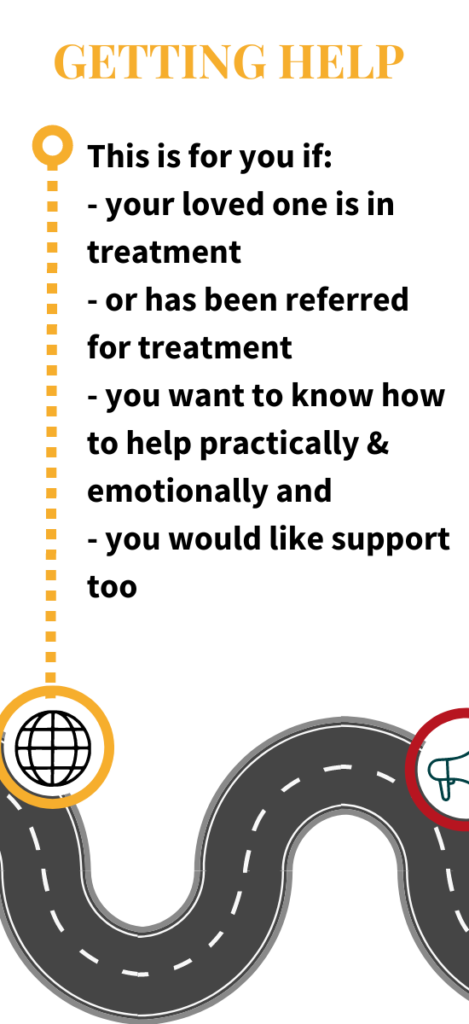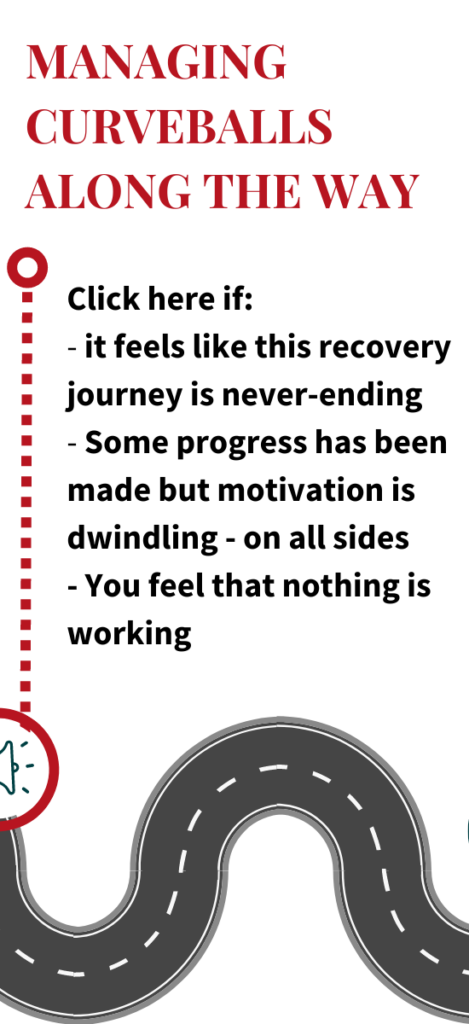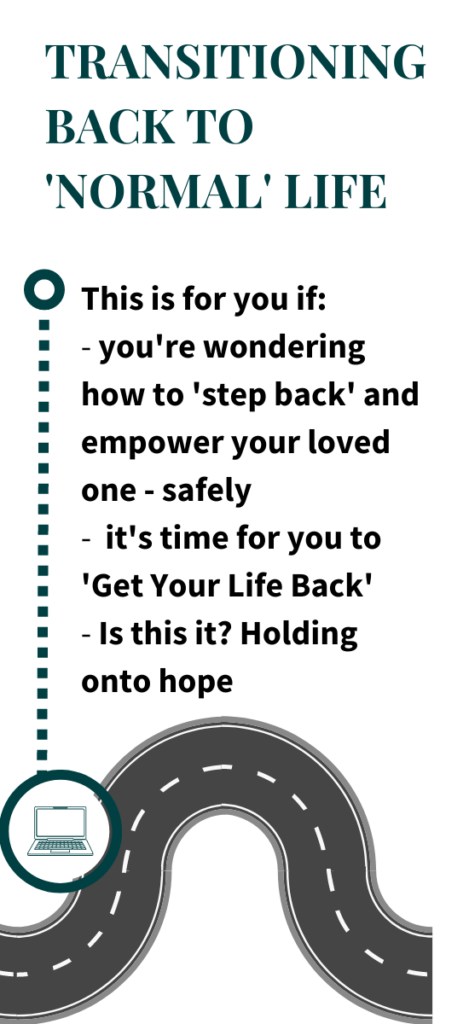Educating, empowering and equipping parents, partners and professionals on eating disorder recovery

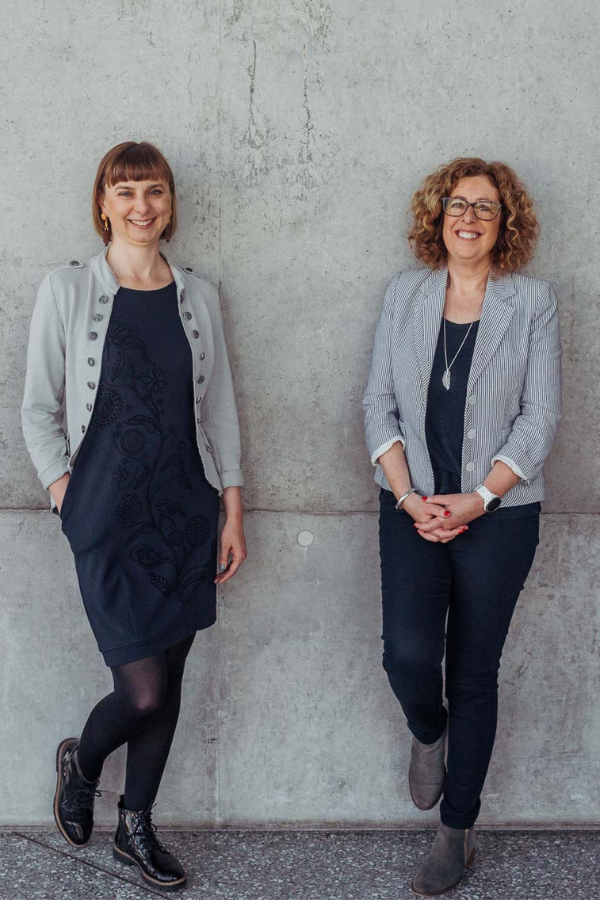
Welcome to SupportED Families!
Helping you to help them
We’re Zuzanna Gajowiec and Deirdre Reddan! Together, we bring professional knowledge, personal experience and a huge passion for educating and empowering parents, partners and professionals on Eating Disorder recovery.
Working online, we can work with families anywhere in Ireland and all around the world!
Recovery Roadmap
Learn how we can help you, right now, no matter what part of the journey you are on.
We know that one of the questions uppermost in your mind is ‘How can I help my child recover from an eating disorder?’ or ‘As a parent, do I have a role to play in my loved one’s recovery?’ or, as a partner, family friend or friend ‘Is there anything I can do to help?‘ The answer to all of these questions is emphatically YES!
And, even better, we can support you and your loved one in all stages of recovery. From our professional work and lived experience, we’ve learned over the years how and when families get stuck along the way. We will provide you with tools, information and support to help you maximise the resources you already have and minimise stress and prevent burnout.
We call this our Recovery Roadmap and it’s specially designed to help you – whatever point you are at currently in your journey.
And to ensure that you have support available to you when you need it most, we have a number of off-the-shelf, immediately downloadable webinars that you can watch in the comfort of your own home, as well as our live webinars and programmes.
Let’s jump in!
Sign up to our Newsletter and get the free ebook
What to do when someone is "stuck"?"

We know what’s uppermost in your mind right now:
- Does my child have an eating disorder?
- I’m worried about my child’s exercise and eating habits – could it be an eating disorder?
- Why won’t my child eat? Is it an Eating Disorder?
- I think my loved one has an eating disorder – what do I say to them?
- How do I help my child (young or old) to eat when they clearly don’t want to?
- How can I help my adult child?
- Where can I get help?
- How can I support the rest of the family?
- How do we stop them from over-exercising? From continuing to lose weight?
- How do I talk to them when they are overwhelmed? When I am overwhelmed and full of fear?
- How can I focus on the rest of my family when my every waking moment is taken up with the eating disorder?
- Is this my fault?
- What did we as parents do wrong?
- Is recovery from an eating disorder possible?
- How long does recovery take?

If you’re a parent, partner or a family member of someone struggling with an eating disorder…
We’re here to guide you through this very difficult, challenging and frightening time.
We create a space where you can:

BELIEVE
that recovery is possible and learn strategies, skills and tools that work

BECOME
the best support person you can possibly be

BELONG
learning from both the science and best practice

BALANCE
other aspects of your family and personal life so that the eating disorder does not take over totally
Learn more about working with us
What have others said about our work
For professionals

Are you a professional working in the healthcare industry?

Would you like to learn more about eating disorders to ensure that you can continue to provide the optimum care to your patients?

Do you feel out of your depth when a client’s dysfunctional relationship with food becomes apparent? Not sure how to help? Where to turn?
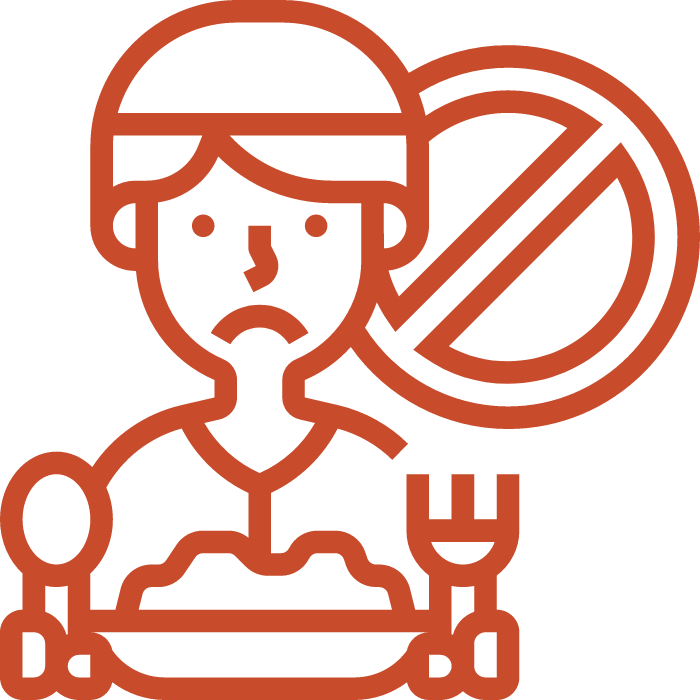
Would your organisation like to learn more about disordered eating and eating disorders?
Approx. 33% of people will suffer from disordered eating at some point in their lives. For some, this will only last for a short period and may be as a result of a particular stress, such as exams, bereavement, other personal stress etc. For others, thoughts of food will control their lives, with food accounting for over 80% of their daily thoughts and impacting their quality of life as well as giving rise to health consequences. Covid has thrown into sharp focus the increasing incidence of Eating Disorders. They affect people of all age groups and all genders. In 2020, almost 20% of hospital admissions for under 18’s were eating disorder related. Incidence rates across middle aged women (the menopause can be a trigger for an eating disorder), males and the LGBTIQ+ population are all increasing.
